Industrial control systems (ICS) form the core of modern manufacturing. They transform how industries manage processes. ICS enables industries to monitor systems effectively. They help industries maintain efficiency in their operations.
From water treatment plants to power generation facilities, it drives innovation by integrating technology with industrial processes. This blog explores their significance, components, and their role in enabling smart manufacturing solutions.
Industrial control systems refer to a network of devices and software designed to manage, control, and monitor industrial processes. These systems optimize production lines, enhance process control, and ensure safety in critical infrastructure. Industries like power generation, oil and gas, and water treatment rely heavily on it to achieve efficiency and scalability.
It encompasses several subsystems, including:
1. Supervisory Control and Data Acquisition (SCADA) systems
2. Distributed Control Systems (DCS)
3. Programmable Logic Controllers (PLC)
4. Remote Terminal Units (RTU)
5. Human Machine Interface (HMI)
6. Intelligent Electronic Devices (IEDs)
Each system has a unique role in process control, enabling centralized control, real-time monitoring, and smart decision-making.
SCADA systems enable remote monitoring and control of equipment and processes. They collect data from Remote Terminal Units (RTUs) and display it on a Human-Machine Interface (HMI). SCADA systems are essential for managing large-scale operations, such as water treatment and power generation.
DCS is designed for continuous process control in chemical processing and oil refining applications. Unlike SCADA, which focuses on supervisory tasks, DCS uses local controllers to automate specific sections of the industrial process.
PLCs are ruggedized computers used to automate industrial processes, including assembly lines and robotic devices. They execute logic-based control programs to ensure consistent operations. PLCs often interact with SCADA systems for enhanced monitoring and control.
RTUs function as field devices that collect data from sensors and equipment. They transmit this data to SCADA systems for centralized control and monitoring.
HMI is the visual interface that allows operators to interact with industrial processes. It provides real-time data, alerts, and system diagnostics, making it an essential part of smart manufacturing solutions.
These are advanced devices equipped with processing capabilities. They play a critical role in optimizing control machines and enabling systems automation across industrial processes.
The key role of industrial control systems in smart manufacturing is listed below.
Automation is at the core of smart manufacturing. ICS use advanced technology to automate repetitive tasks, reduce human intervention, and increase efficiency. Systems automation minimizes errors and enhances production quality, making industries more competitive.
With SCADA and DCS, industries achieve real-time monitoring and control over processes. Operators can track parameters like temperature, pressure, and flow rate, ensuring smooth operations and quick responses to any anomalies.
It provides precise control over industrial processes. For instance, in power generation, DCS systems adjust turbine operations to meet energy demands efficiently. Similarly, water treatment facilities use SCADA to monitor chemical dosing and filtration processes.
It relies on robust communication protocols like Modbus, Ethernet/IP, and Profibus to connect devices and systems. These protocols ensure seamless data exchange between local controllers, RTUs, and centralized control systems.
It ensures safety by integrating fail-safe and redundancy mechanisms into operations. In critical infrastructure such as power plants, it monitors conditions and initiates emergency shutdowns if needed.
It supports various types of control systems to meet the diverse needs of industries:
Centralized control consolidates decision-making at a single location. SCADA systems often employ centralized control to oversee geographically dispersed assets.
Distributed control, used in DCS, involves multiple local controllers that operate independently while communicating with a central system. This approach enhances flexibility and reliability.
Industries like pharmaceuticals require highly customized control solutions tailored to their unique requirements.
The global industrial automation market was worth USD 228.88 billion in 2025. Experts project it will grow at a CAGR of 10.82%. Analysts expect the market to reach about USD 576.99 billion by 2034.
Industrial control systems are more than technological tools. They serve as transformative solutions. These systems enable industries to meet modern demands.
They enhance efficiency, reliability, and sustainability in industrial operations. By leveraging the capabilities of ICS, industries can achieve smarter and more streamlined operations.
Automation and real-time monitoring reduce downtime and increase production efficiency. It helps industries meet tight schedules while maintaining quality standards.
ICS systems can scale with growing operational needs. Whether managing a small production line or a large industrial complex, it adapts seamlessly.
By reducing energy consumption and minimizing waste, it delivers significant cost savings. For example, smart sensors optimize resource usage in power generation and water treatment.
Access to real-time data enables operators to make informed decisions. HMI dashboards provide actionable insights, improving operational outcomes.
It contributes to sustainable industrial processes by optimizing resource utilization and reducing emissions. This is particularly important in industries aiming for greener operations.
These systems are essential for ensuring operational efficiency, safety, and reliability in numerous industries. They include a range of technologies. These technologies are Distributed Control Systems (DCS), Supervisory Control and Data Acquisition (SCADA), and Programmable Logic Controllers (PLCs).
Each technology designers tailor to specific industrial needs. Here’s how they play a critical role across various sectors.
In the energy sector, Distributed Control Systems (DCS) play a key role. They help maintain the optimal performance of turbines, boilers, and other critical equipment. By precisely managing and monitoring processes, it minimizes downtime, enhances energy output, and ensures adherence to safety standards.
SCADA systems monitor water quality, chemical dosing, and filtration. Supervisory Control and Data Acquisition (SCADA) systems are integral to modern water treatment facilities. These systems oversee critical processes.
They monitor water quality, dose chemicals, filter water, and distribute it. They ensure a clean and safe water supply. They also reduce operational inefficiencies.
Programmable Logic Controllers (PLCs) are at the center of manufacturing automation. They drive efficiency by automating complex assembly lines and managing intricate processes with precision. This not only boosts productivity but also ensures consistency and quality in production.
In the oil and gas industry, industrial control systems manage a wide range of operations. These operations include drilling, refining, and distribution. These systems enable real-time monitoring and control, ensuring process optimization, enhanced safety, and adherence to environmental regulations.
As industries adopt smarter technologies, ICS is evolving to incorporate advanced features like artificial intelligence and machine learning. These innovations improve predictive maintenance, enhance process optimization, and strengthen cybersecurity.
Additionally, it is leveraging the Internet of Things (IoT) for better connectivity and data-driven insights. IoT-enabled devices like intelligent electronic devices (IEDs) bring unparalleled precision to systems automation.
Industrial control systems are the core of smart manufacturing solutions. From SCADA systems to PLCs, these technologies empower industries with automation, efficiency, and safety.
It continues to evolve. Its impact on industrial processes will grow. This will enable a smarter future for manufacturing. This will also enable a more sustainable future for manufacturing.
Stay ahead in the industrial revolution by embracing the power of industrial control systems. Whether you're in power generation, water treatment, or manufacturing, it provides the tools you need. These tools help you succeed in a competitive landscape.
Our industrial control systems ensure that your manufacturing operations are equipped with cutting-edge solutions tailored for efficiency, reliability, and scalability. eINDUSTRIFY delivers innovative technologies. It offers unmatched expertise. We help businesses streamline processes.
We enhance productivity. We help businesses stay ahead. Our solutions keep them competitive in the market. Email us at info@eindustrify.com or call +1 888 774 7632 to register for access to a premium global marketplace.
Grow your business with the right Industrial Control systems for smart manufacturing solutions. Contact us today!
Tags: Industrial Control Systems Types Of Control Systems Control Machine Distributed Control Systems DCS Process Control Monitoring And Control Local Controllers Programmable Logic Controllers Plc Centralized Control
RECENT POSTS:
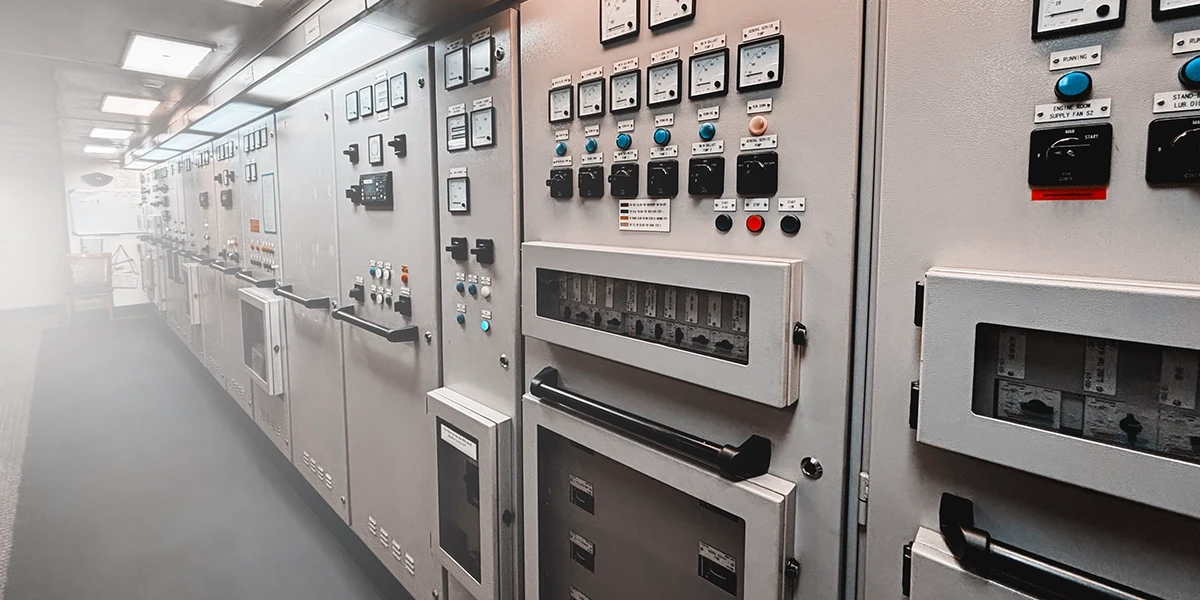
Essential Power Distribution Panels for Optimizing Your Industrial Setup
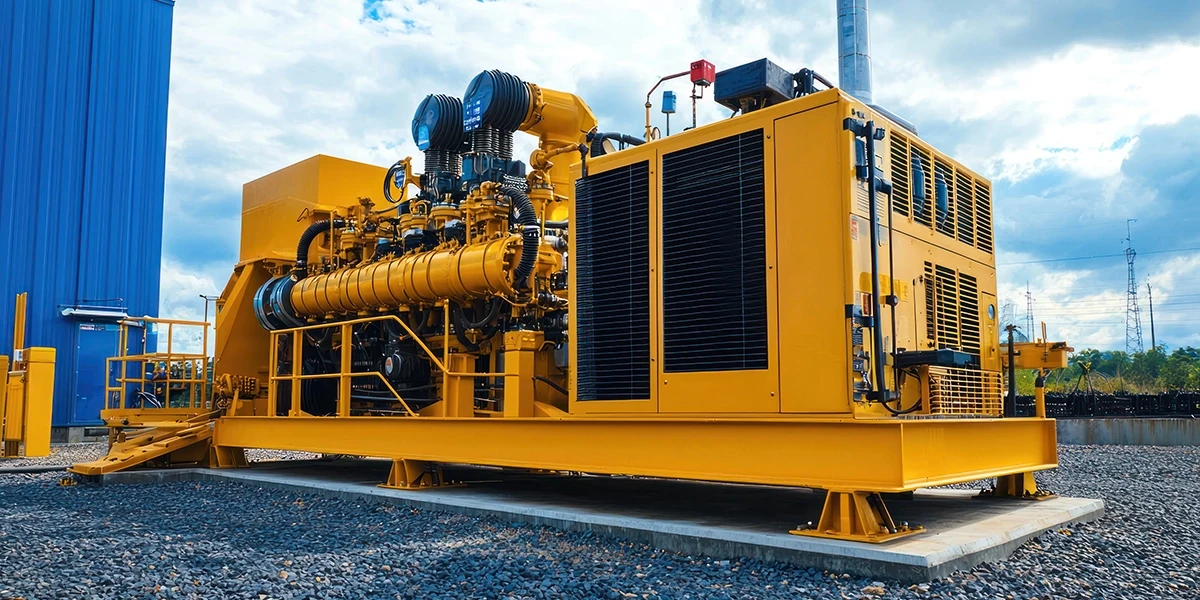
Top 5 Generator Protection Devices for Reliable Power Generation
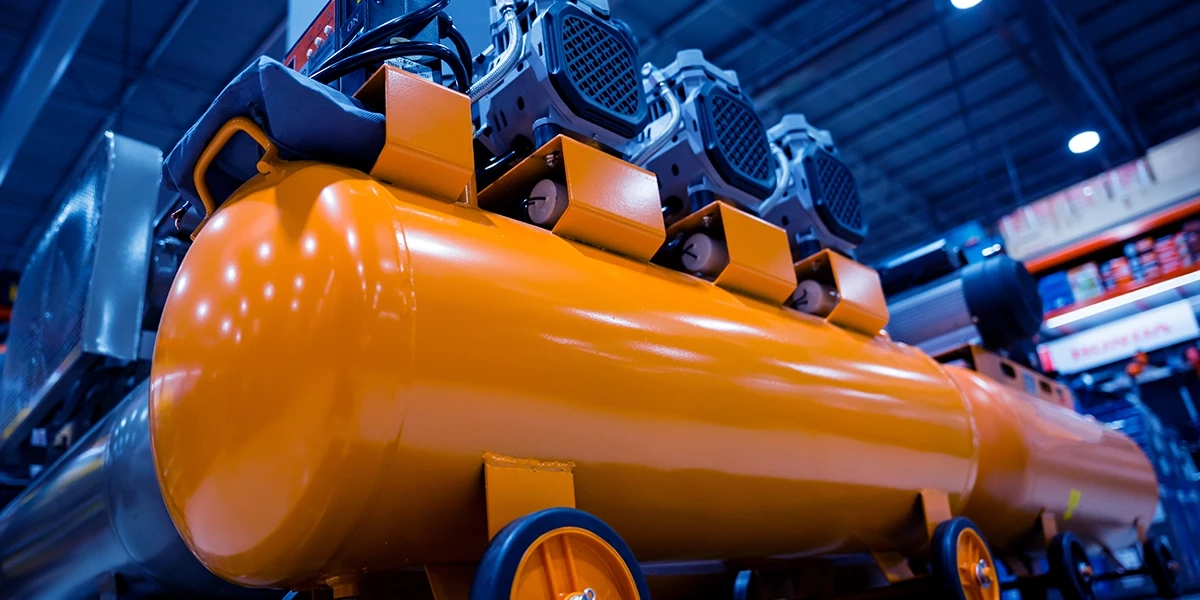
How to Choose the Right Industrial Air Compressor for Your Facility
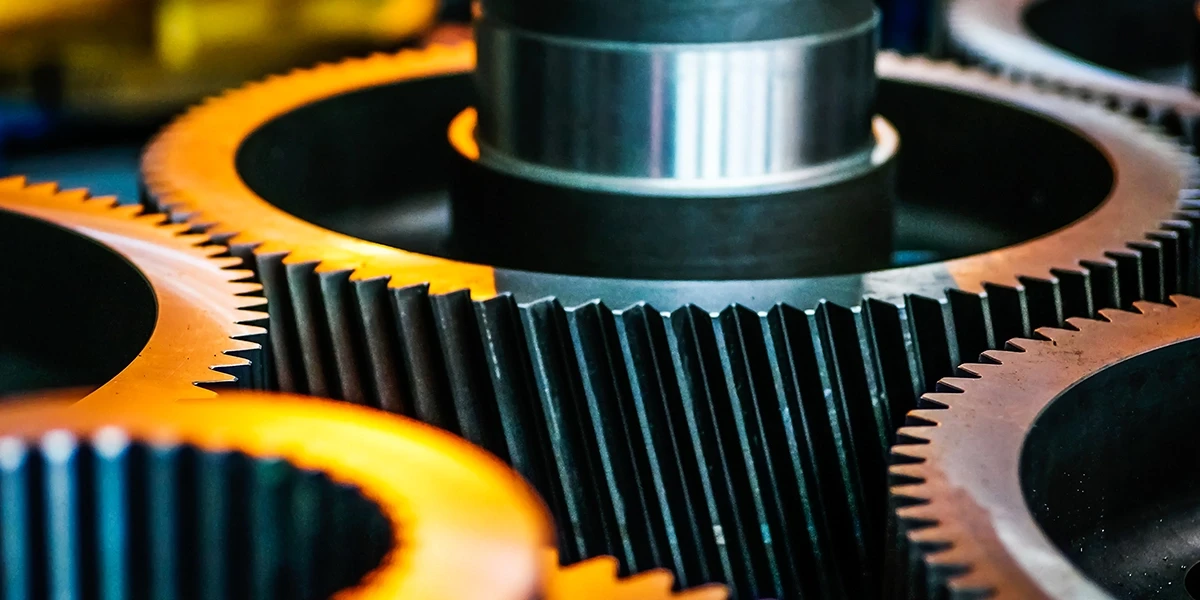
Choosing the Right Global Power Transmission Equipment
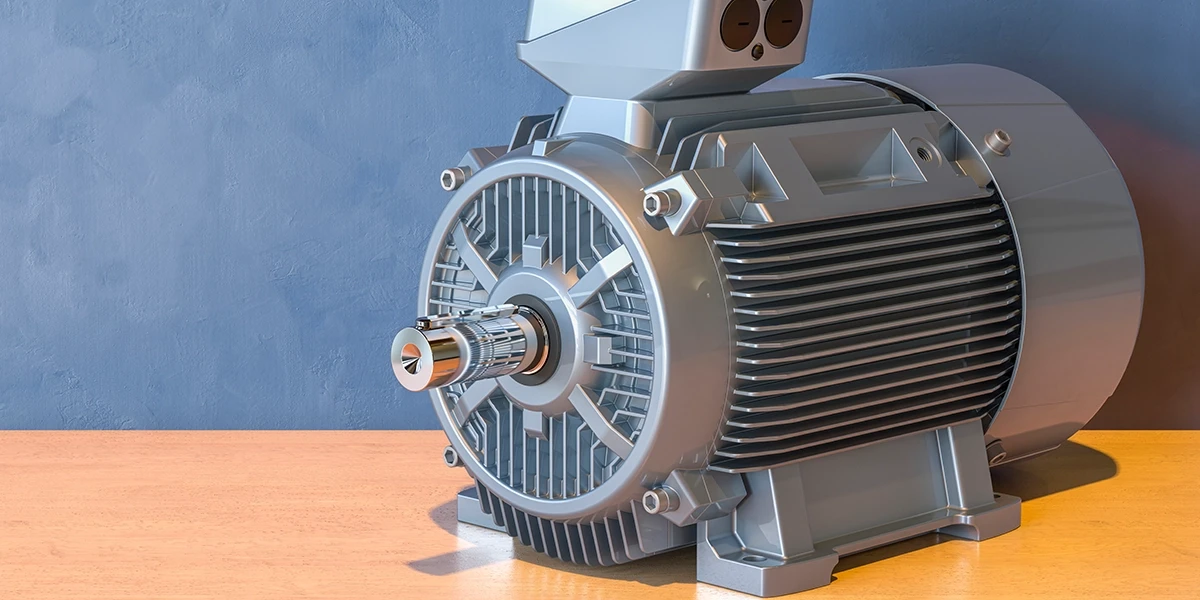
Top DC Motors for Industrial Automation
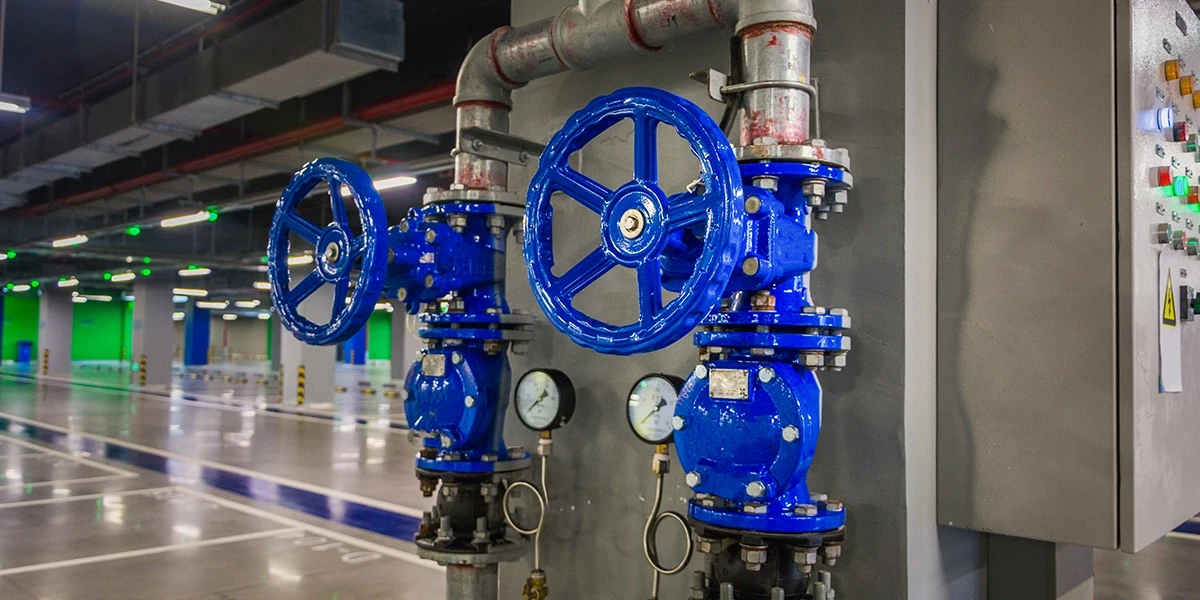
How to Select the Right Control Valves for Your System
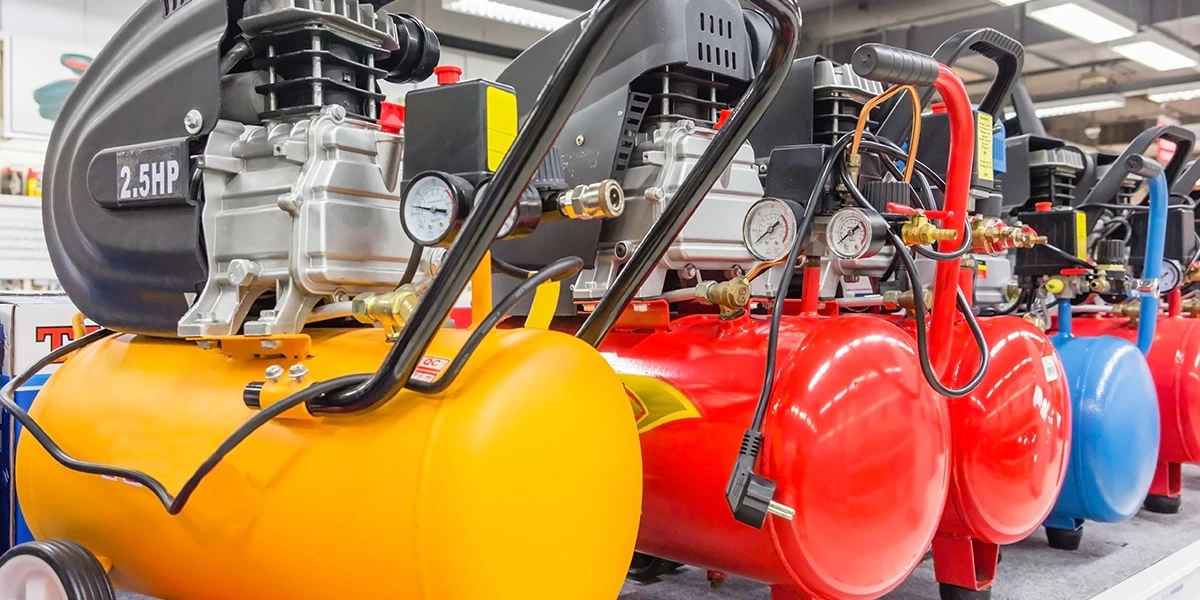
Air Compressors for Sale: Compare Models, Brands, Features
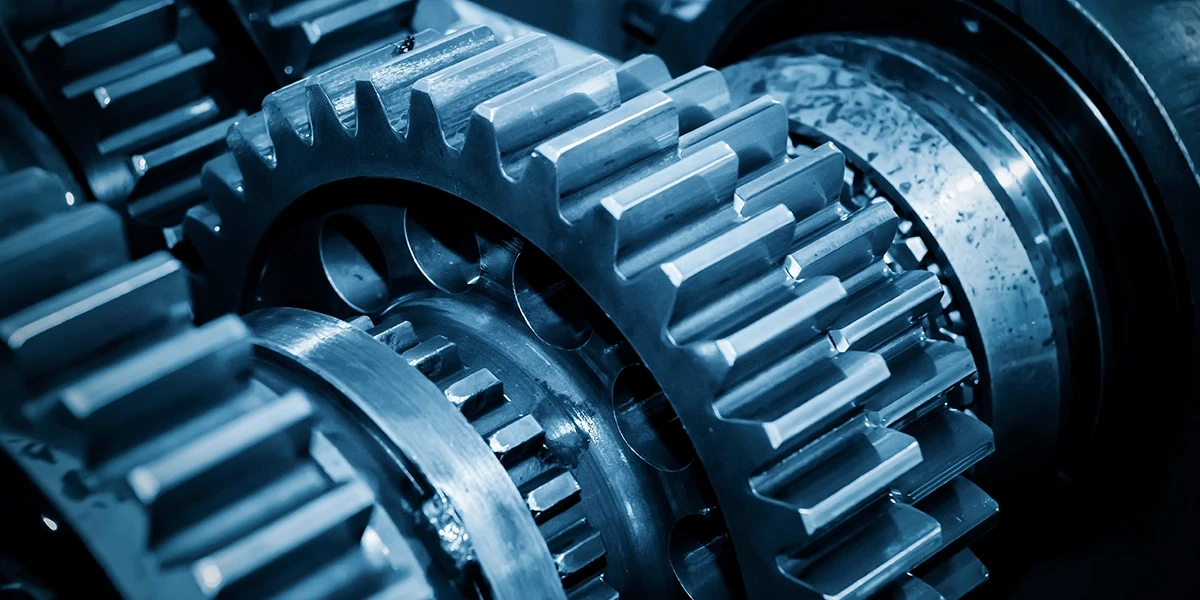
Essential Power Transmission Accessories for Industries